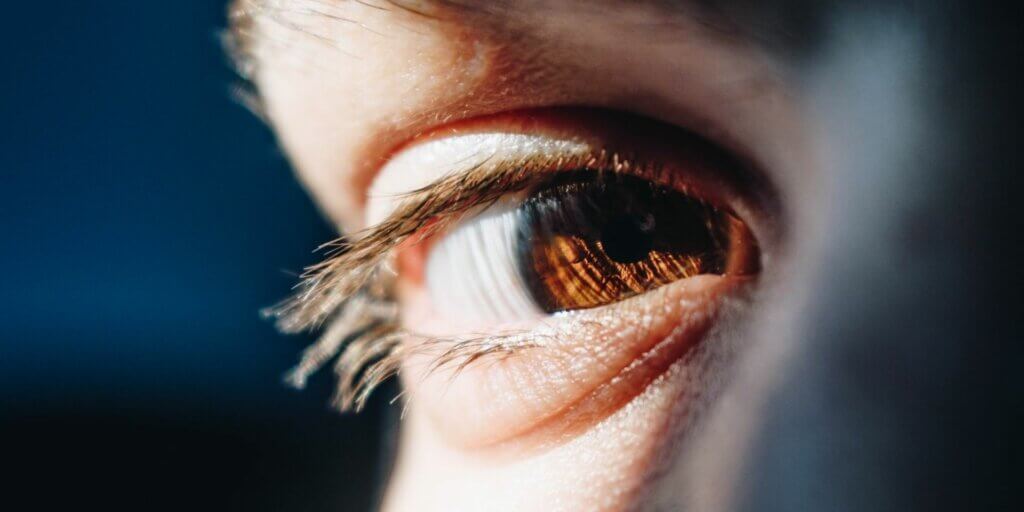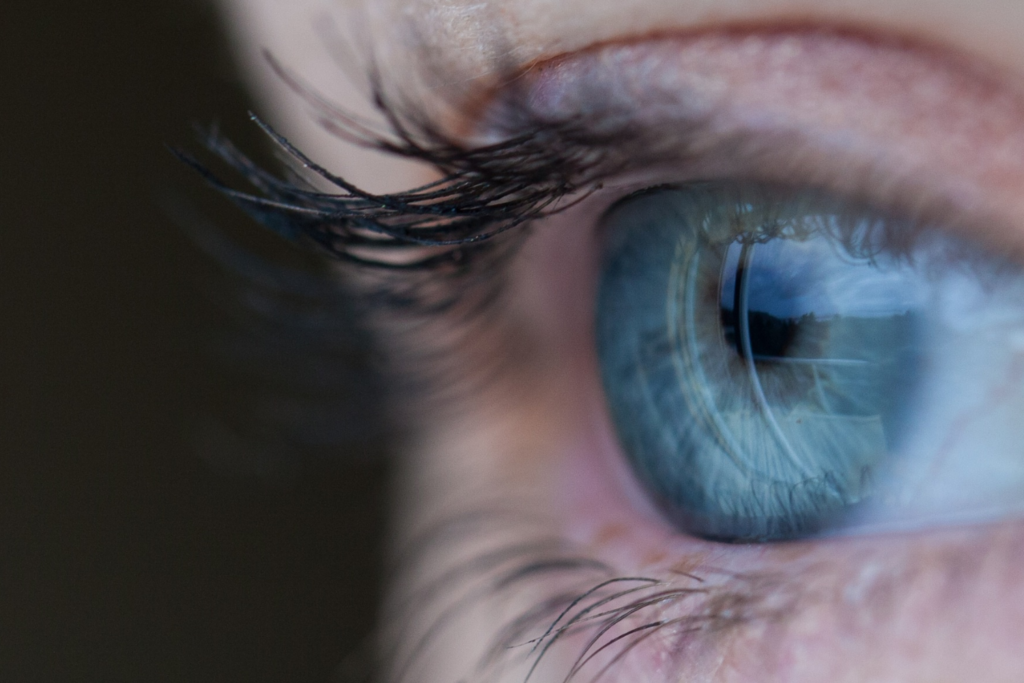The new year brings with it new hopes and new goals. For many people, this involves working on health and wellness goals. This year, make sure to include good habits that support eye health, as well as, overall wellness!
It’s easy to list weight loss or fitness goals among your New Year’s resolutions, but one often neglected aspect of health is your vision. Let’s look at 7 different ways to include the health of your eyes in your New
Year’s resolutions:
- Choosing an eye care provider you can trust
- Scheduling a comprehensive eye exam
- Knowing your family medical history
- Quitting smoking
- Wearing UV-blocking sunglasses
- Eating for eye health
- Taking care of your contacts
This year, include your eyes as you prioritize your health and wellness. Doing so will help protect you from eye diseases and even vision loss.
1. Choose an Eye Care Provider You Can Trust
Baptist Eye Surgeons has been providing East Tennessee with a wide range of services since 1987. From medical to surgical care, we’re dedicated to offering the highest quality of care to all of our patients. Whether it’s a routine exam or diagnosing, treating, and managing an eye disease, we are committed to our tradition of excellence.
2. Schedule a Comprehensive Eye Exam
Comprehensive eye exams, also known as baseline eye exams, are one of the best things patients can do for their eye health as they get older. Start getting regular comprehensive eye exams at age 40, which is when vision loss begins to occur. Even if you don’t exhibit any risk factors or show signs of significant vision loss, it’s important to go ahead and schedule the appointment.
Our ophthalmologists will recommend followup appointments based on the results of the initial comprehensive eye exam. The frequency of future exams will be based on family health history and whether patients have medical conditions such as high blood pressure, diabetes, or other conditions. These checkups will help catch small problems before they have a chance to become much bigger issues.
3. Know Your Family Medical History
Genetics play a huge role in our overall health, and vision health is no exception. Having a family history of an eye disease doesn’t automatically mean that you will develop it. On the other hand, it does increase your risk. This makes it something you and your ophthalmologist should be aware of to get the most effective screenings and treatments possible.
Your family history can play a role in developing eye diseases such as:
- Diabetic retinopathy
- Fuch’s dystrophy
- Glaucoma
- Macular degeneration
Vision loss can occur gradually over time without patients even realizing it. What’s worse is that it can’t be restored once it’s been lost. By knowing your family medical history, you can help prevent avoidable vision loss long before it has a time to set in.
4. Quit Smoking
Smoking can wreak as much havoc on your vision as it can on your lungs. Think of it as just one more reason why you should quit smoking immediately or, better yet, never start in the first place.
Cigarette smoke contains around 4,000 different toxic chemicals. This includes chemicals that are probably familiar to most people, such as:
- Formaldehyde
- Carbon monoxide
- Tar
Tobacco smoke does significant damage to blood vessels in your eyes, retina, and limits the amount of oxygen that reaches your macula. The end result is that being a smoker can make you four times more likely to experience vision loss.
5. Wear UV-Blocking Sunglasses
Many people associate sunglasses with spring and summer, but having a high-quality pair of sunglasses is essential for year-round vision health. UV radiation poses a threat all year long and must be protected against for long-term vision health.
The most important factor for sunglasses is UV absorption. While regular lenses naturally block some UV light, adding special chemical coatings on the lens blocks them even more. Look for a pair of sunglasses that block 99 to 100% of UVA and UVB rays. Sunglasses advertised as blocking up to “400nm” are also a great choice since they block 100% of UV rays as well.
6. Eat for Eye Health
What you eat plays a huge part in every aspect of your health, vision health included. While the effects of aging are inevitable, eating a healthy diet can help keep your eyes, and the rest of your body, healthy this year and for years to come.
When eating for eye health, opt for foods that are high in:
- Vitamin C
- Vitamin E
- Lutein
- Omega-2 fatty acids
- Zeaxanthin
- Zinc
These foods have been linked to lowering the risk of cataracts, dry eye, and macular degeneration. You can find these vitamins and nutrients as a supplement from your local drug store, but they’re at their most effective when absorbed from real fruits and veggies.
7. Take Care of Your Contacts
If you wear contacts, then you know the patience and care they can require. While it may be tempting to not follow your ophthalmologist’s instructions when it comes to caring for them properly, failing to do so can have serious consequences for your eye health.
Avoid bad contact care habits, including:
- Wearing contacts overnight
- Using water or saliva as contact solution
- Not replacing expired contact solution
- Wearing disposable contacts past their expiration date
Failure to break these habits can lead to serious eye health problems such as severe pain and ulcers on the cornea. In some cases, a combination of bad habits and lack of treatment can even result in vision loss.
This year, take care of your eyes as much as you take care of the rest of your body. Contact us today to schedule your comprehensive eye exam.
Baptist Eye Surgeons is an ophthalmological practice in Knoxville, TN, and Morristown, TN. Give us a call at 865-579-3920 for more information or to schedule an appointment.






